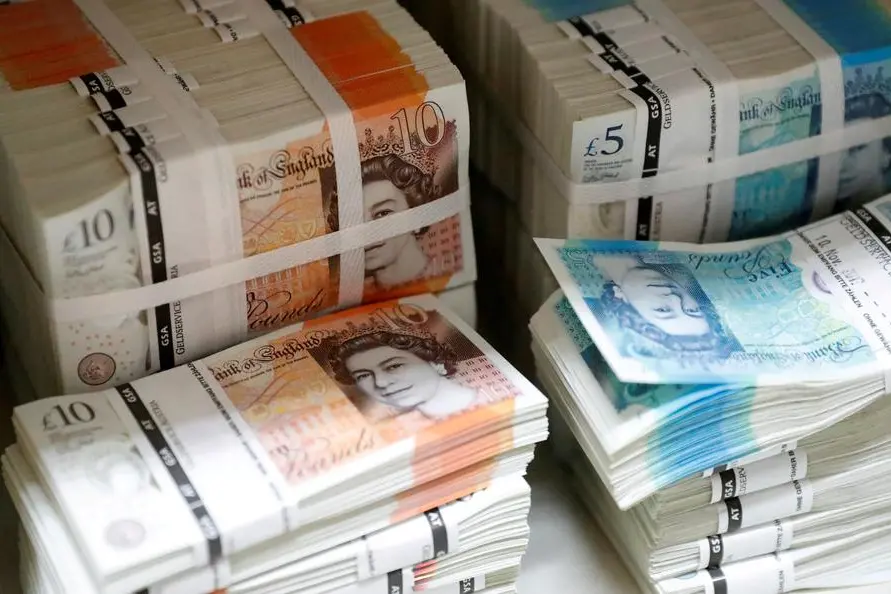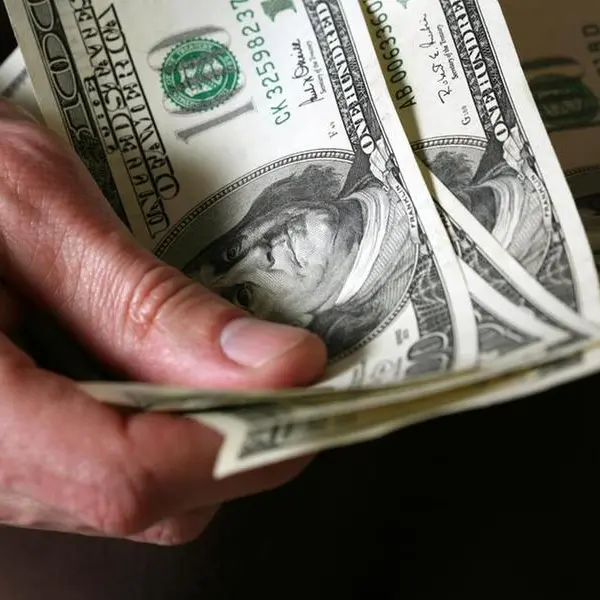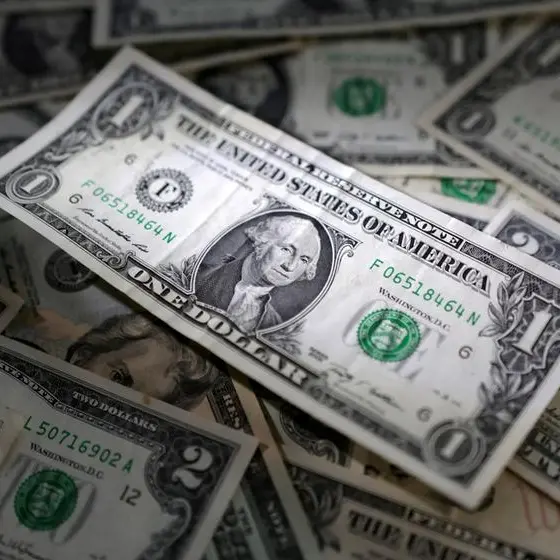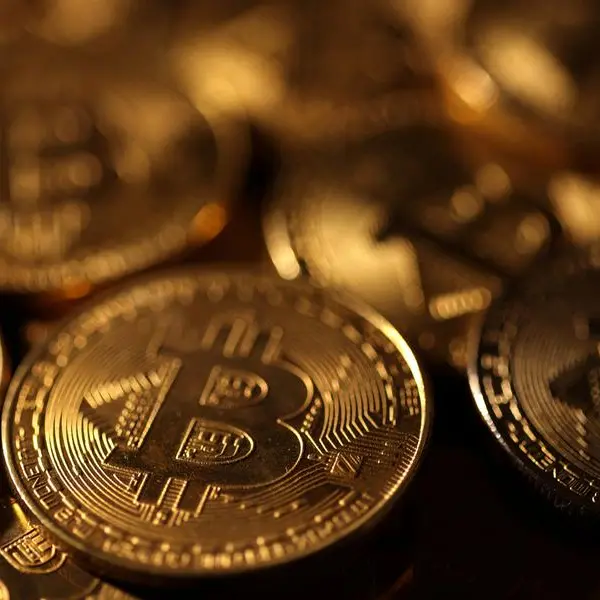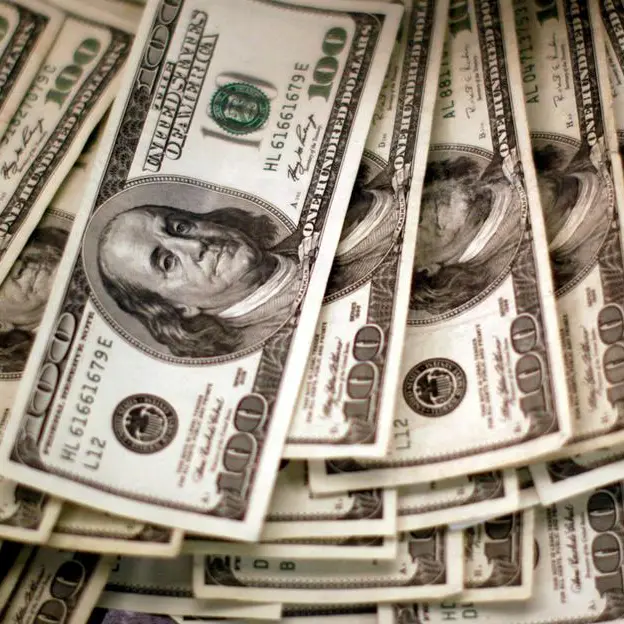PHOTO
Sterling dropped to a near-nine month low against the dollar on Thursday, hurt by the U.S. currency's relentless rise on expectations of dollar-supportive policies from incoming President Donald Trump
The pound was last down 0.82% on the day at $1.2422, its lowest since April 2024, a decline which accelerated after it broke through resistance around $1.2475.
The euro also fell, hitting a more than two-year low, and the Japanese yen, and most other currencies were weaker on the dollar, albeit by less than sterling.
Trump's policies are widely expected to not only boost growth but also add to upward price pressure. That will lead to a Fed cautious about cutting rates too much further, in turn underpinning U.S. Treasury yields and boost dollar demand.
The larger decline for the pound is a reversal of last year's trend, when it depreciated less against the dollar than any other G10 currency. Sticky inflation and better growth early in the year meant the Bank of England was more cautious about cutting rates than its peers.
This may not be the case this year, however.
"At the end of last year data from the UK pointed towards a sharper than expected slowdown to the UK economy, which created a bit more pessimism towards the economic outlook, and triggered a bit of a pound sell off, which kind of petered out during the holiday period," said Lee Hardman, senior currency analyst at MUFG.
"If we were to see the economy in the UK continue to weaken early this year, and the Bank of England started to make noises about potentially being more active in terms of cutting rates in response to that, that could certainly open the door for a weaker pound," he said.
"Though at this point in time, Bank of England hasn't really given any indication that it's willing to move away from its gradual approach to rate cuts."
Versus the euro the pound was a touch softer. The euro was up 0.3% at 83.09 pence.
Late last year the euro had threatened to weaken to its lowest versus sterling since June 2016, and the aftermath of Britain's vote to leave the European Union, though it has since recovered slightly.
(Editing by Jason Neely)
